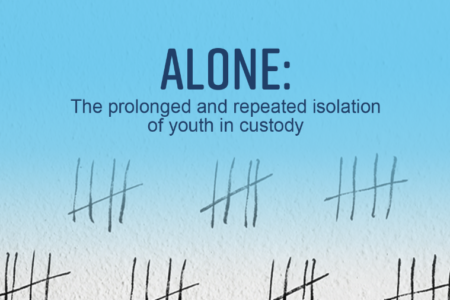Interfaith group calls on city to establish dialogue on economic justice
An inter-faith community group has asked for the city to lead a commission on how to regulate and control the rising cost of housing in the city, as well as reign in the wealth disparity between social classes.
The group, called Nelson Interfaith Economic Justice Collaborative, spoke to city council on the matter of polarized discussion about the future, values and what Nelson is as a community.
Morgan Gould said what brought the collaborative out to speak with council was a growing concern of what was happening in the downtown regarding the street culture.
“We experienced some growing alarm over what were public statements regarding the homeless and the poor,” he said. “We have a concern that fundamental issues of justice were being politicized, and we have a hope that these issues can be decided by the community and not through our political process.”
The Collaborative’s David Boyd added that rapid economic growth and income disparity in Nelson were having a negative impact on the community.
“What we are finding is that there is a hardening of positions … leading to the politicization of the poor and low-income housing, and low-income folks that are wanting to live here,” he said. “We feel that rapid growth is exacerbating the tensions.
“I think there are some things we can do as a community to control growth and channel growth in a way that is life-giving and community enhancing overall.”
The Collaborative asked council for a public consultation process and dialogue that resulted in a “values-based statement of what we are as a community, not merely as an economic-based values statement.”
Gould said rapid economic growth is quickly eroding the spirit of the Kootenays, and that the people who are now coming here are not attracted to the same values that formed the heart of the community for so long.
“The erosion of the spirit is through rapid development, density in an already dense mountain town, and wealth disparity and economic diversity has been replaced by two economic engines of real estate and tourism,” he said.
“We think that deep dialogue and engagement can have a number of positive effects for us all, that it can reduce community conflict and it can enhance diversity, and enhance community identity and sense of belonging.
“And people can come here and be part of a diverse community where economic factors alone don’t determine residency.
“So that’s our call, a call for public dialogue.”
Mayor Deb Kozak agreed that the issues needed to be de-politicized, and that there was nothing stopping the Collaborative from starting neighbourhood discussions to do so. But she took issue with the claim that “unrestrained economic growth” was taking place in Nelson.
She noted that the city was still the “lowest on the totem” for average household income in the province.
“I don’t think there is any unbridled economic development that I can see happening,” she said. “Yes, we are popular and more tourists are coming, but we are doing our very best as a city … to attract new kinds of (business).”
She said the city’s building statistics reflect a modest growth, but not unrestrained.
Gould countered, noting the value of the housing stock was rapidly increasing.
“We can’t control the private market,” replied Kozak. “Maybe that’s where neighbourhood discussions can …
“We have no control at the neighbourhood level,” Gould said about high housing costs in Nelson.
“But we have no control at the council level either,” Kozak stated.
“That’s the point of this presentation then, is that with unfettered market development, who has control? That’s the discussion that this council … and the community should have,” Gould explained.
“Our call to council is to be bold: to look at the issue and put together a commission that can grapple with the real issue.”
Although he said the Collaborative understood the concerns of the business community they believed what was at stake was the spirit of Nelson and the spirit of community, and they objected to the notion that the downtown belonged to the business community.
“It’s a public space and it belongs to all of us,” he said.
But that ownership is slipping away for most of the people who made Nelson as colourful and diverse as it once claimed to be as one of the “best small arts towns in Canada.” Gould said artists could no longer afford to live in the city and produce their art.
“The idea of Nelson being the best small arts town in Canada no longer rings true partially because of the cost of housing and being in Nelson,” he said.
New development is replacing affordable housing, he noted, while the new housing coming online can no longer be bought by low and middle-income people.
Gould noted that the two main economic sectors that were driving the economy in Nelson — tourism and real estate — were in fact pushing out low and middle-income people and far eclipsed other kinds of economic development.
“So the growing economic disparity in Nelson is eroding mutual trust and support,” he said.
Coun. Val Warmington said some issues like the rising cost of real estate were larger than council itself could undertake, but other social issues were conversations already ongoing within various social service organizations in the city.
“There are any number of organizations where these conversations are going on, with members of council present,” she said. “I think that, for us, at the moment, is where we are focused on some of these larger issues,” within the other organizations.
But Gould stressed the need for a process of public dialogues to address concerns and polarization in the community.
Coun. Michael Dailly said the issues needed more discussion, and the community needed a guidepost.
“I’m going to recommend that staff schedule some time that we revisit this request and consider on how we go forward,” he said.
No motion was made on whether or not to strike a commission or investigate further the process for public dialogue on the concerns raised by the Collaborative.



























